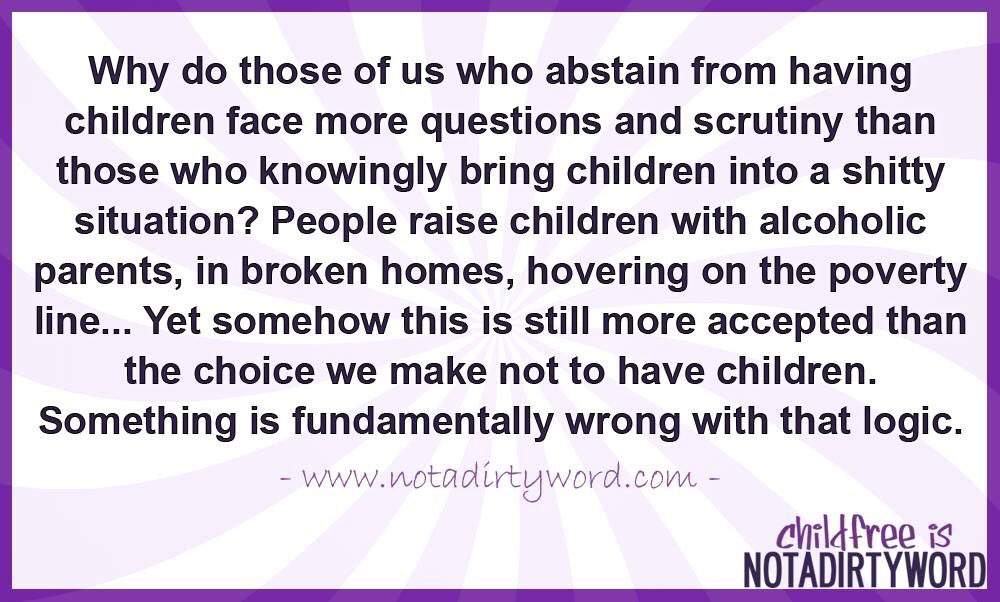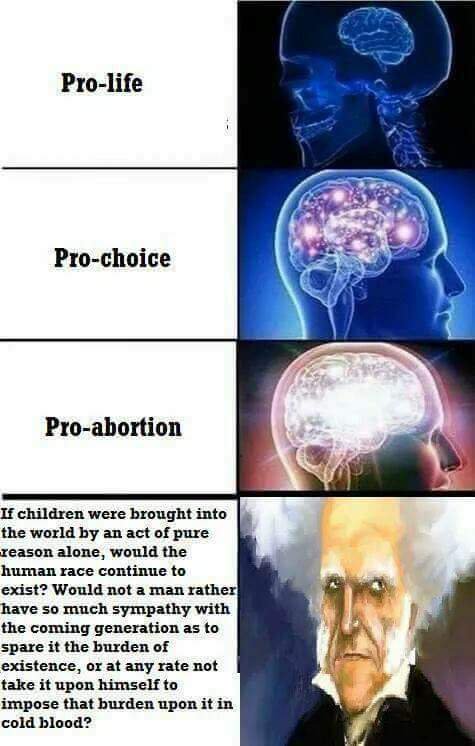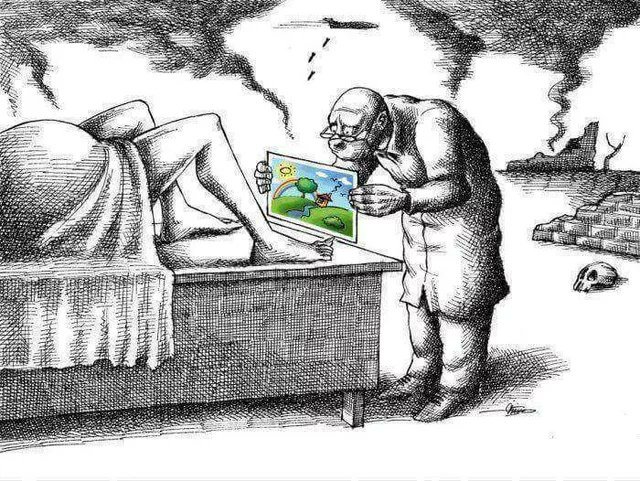It would be foolish to deny that there is such a thing as subjective meaning to life. If you have an emotional engagement with something outside yourself, especially if there is something or someone that you love, then it’s perfectly sensible to say that your life has a meaning, albeit one private to you.* Your life may suck, but maybe you love your dog and that makes up for it.

Love isn’t unproblematic, as some sages have noted. It might give life meaning, but it is also a suffering multiplier, opening up exquisite new forms of torment available to those who do not love, such as the heartbreak that comes when the object of your love does not reciprocate your love, or that which comes when that which or those whom you love fail to flourish. Some unfortunates come into the world and are incapable of finding a worthy object for love. Whether love makes the world at all better is very much an open question.
The peddlers of meaning offer the possibility of meaning as a counter to antinatalism. Antinatalists note that life is on balance suffering and that starting from a hard-to-deny moral principle that one ought not create more suffering, conclude that we ought not create more life. Meaning-mongers say that there’s meaning in life and that somehow this makes up for the suffering. The antinatalist counter to this is to point out that many people do not find meaning, cannot settle it on an object that works, or are made to suffer even more by what they find meaning in and that therefore on balance meaning cannot make up for suffering.
One counter by meaning-mongers is to claim that there is objective meaning, that is, that meaning isn’t a subjective feeling we have but a property of things in the world somehow, and that if we were to “correctly” perceive the world, then we would see that there are objects of love (maybe not your dog but God, humanity, art, whatever). If you somehow fail to see this, it is a cognitive failure on your part that is somehow your fault. Or, a little more charitably, one that a little counseling will fix.
It is deeply mysterious how anything can be inherently worthy of love regardless of whether anyone actually loves it. The notion of objective meaning is pretty much garbage anyway for the following reason. What is objectivity? It can be an elusive notion at the best of times, but something roughly like the following is the case. For something to be “objective,” it has to be something that someone can be reasonably argued into, that is to say, with a proper presentation of facts an arguments, they will come to somehow believe or endorse it, unless they are irrational or somehow cognitively impaired. So take a good candidate for “objectivity,” something like the Second Law of Thermodynamics. The evidence for it — a good high school course on physics — will convince a rational person that it is true and not just some prejudice or taste we happen to have. That doesn’t mean that there aren’t still people out there trying to build perpetual motion machines, but we generally see such people not as “just different somehow,” but as crackpots, and rightly so.
“Objective” means you can be argued into it. “Meaning” means that it is an object of love (or hate, etc.). But can you be argued into love? That is ridiculous on its face: someone who thinks you can argue another into love is a pathetic figure of comedy (“I come from one of the most respectable families in town, Mabel. I have a good position in a solid firm with excellent promotion prospects. I am neat and clean. Why won’t you marry me?”) Indeed, the idea that you can be argued into love would seem to have few rivals in ridiculousness, although there are at least a few ideas that equal it and add a measure of creepiness besides, such as that notion that you can be commanded into love.
—
*Of course, you could also give your life meaning by having something or someone to hate as well, and indeed given how much hate there is in the world, and how much an appetite so many people have for propaganda that deepens the hate they have for those they already hate, it seems likely that many people are resorting to exactly this expedient as a way of giving their lives meaning. It is strange that those who like to peddle “meaning” as the answer to the painful riddle of human existence do not devote more attention to the possibilities hate opens up for meaning. What I have to say about love in this post applies mutatis mutandis, to hate. Back to main text.





